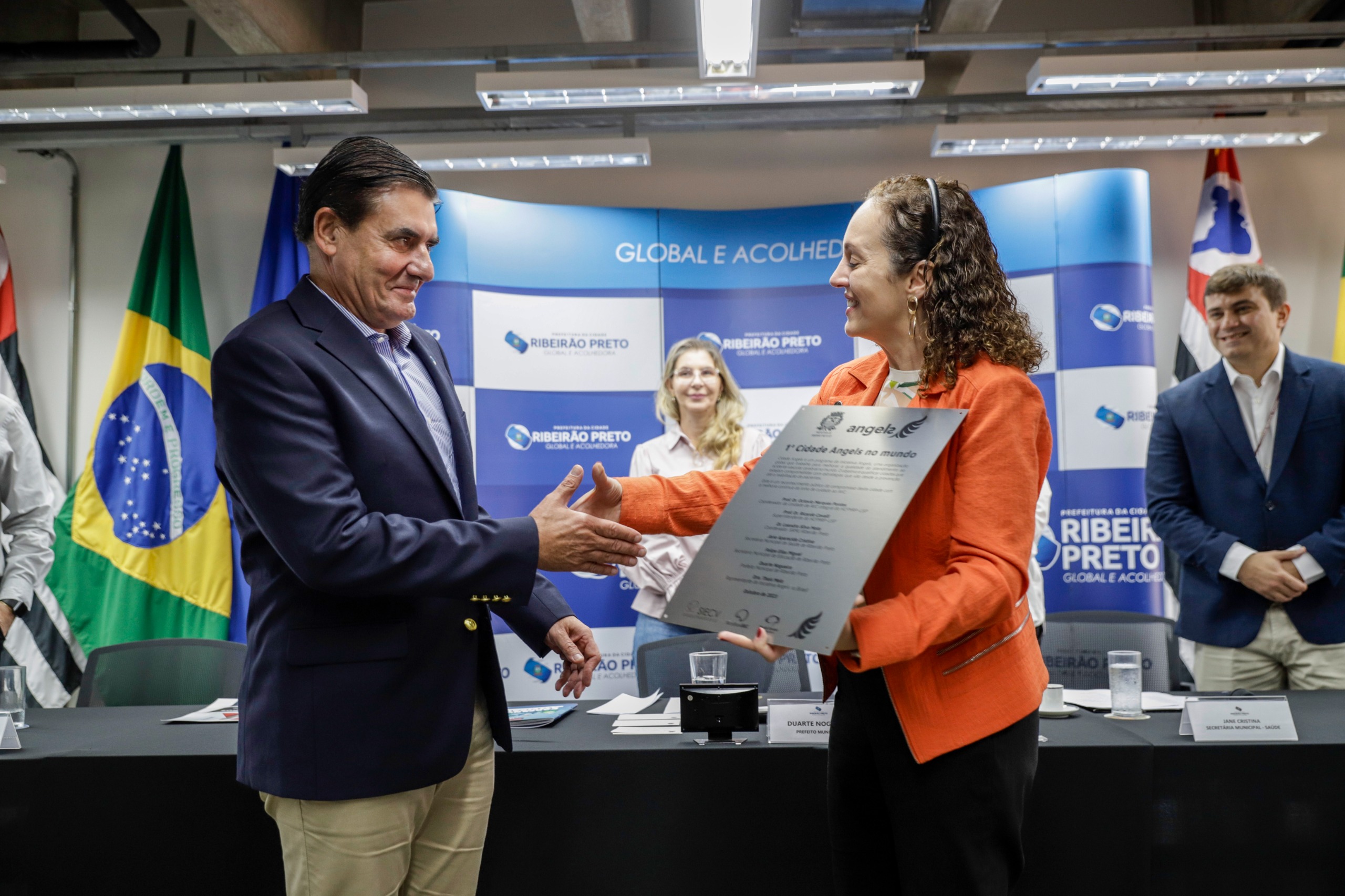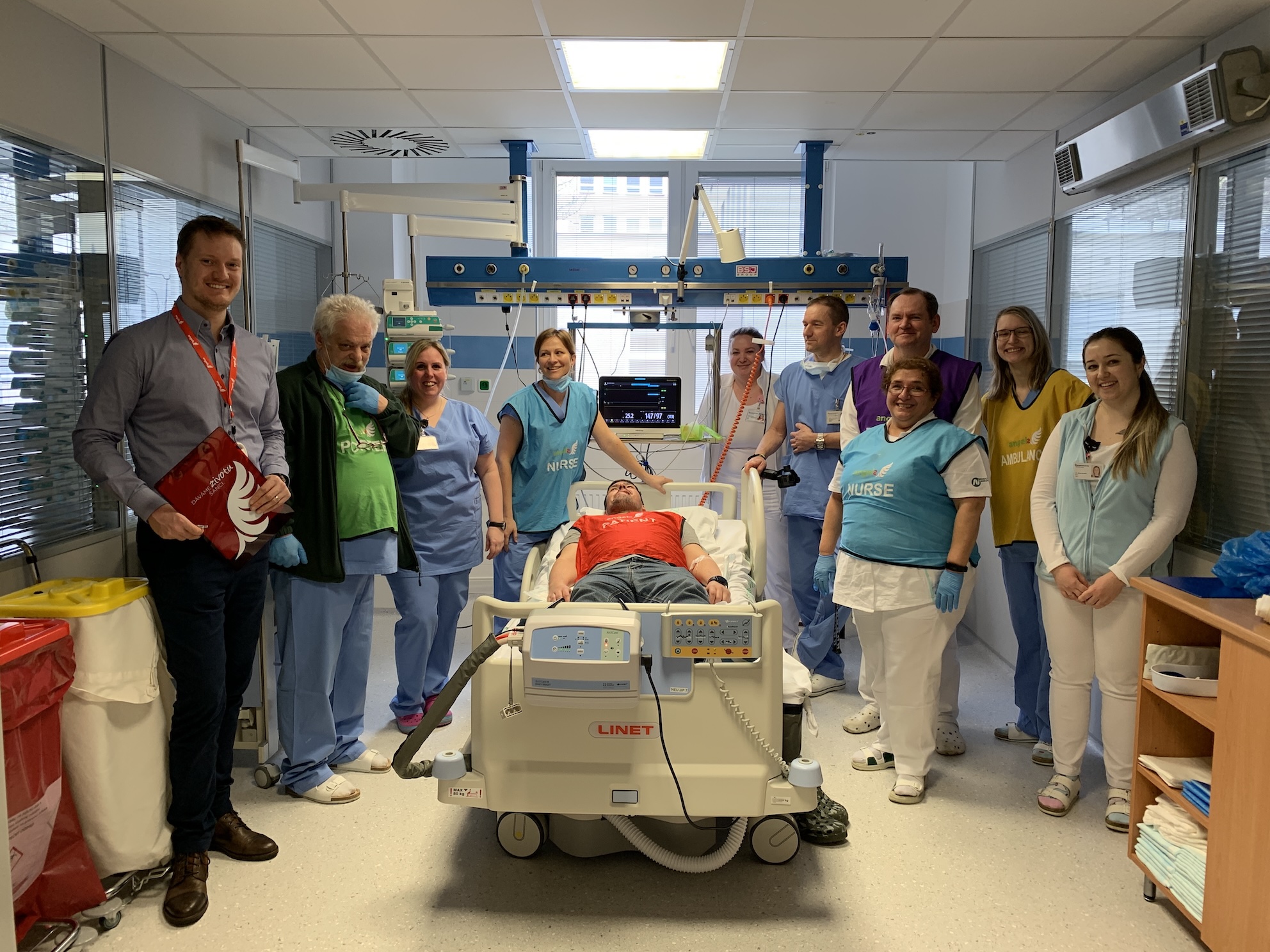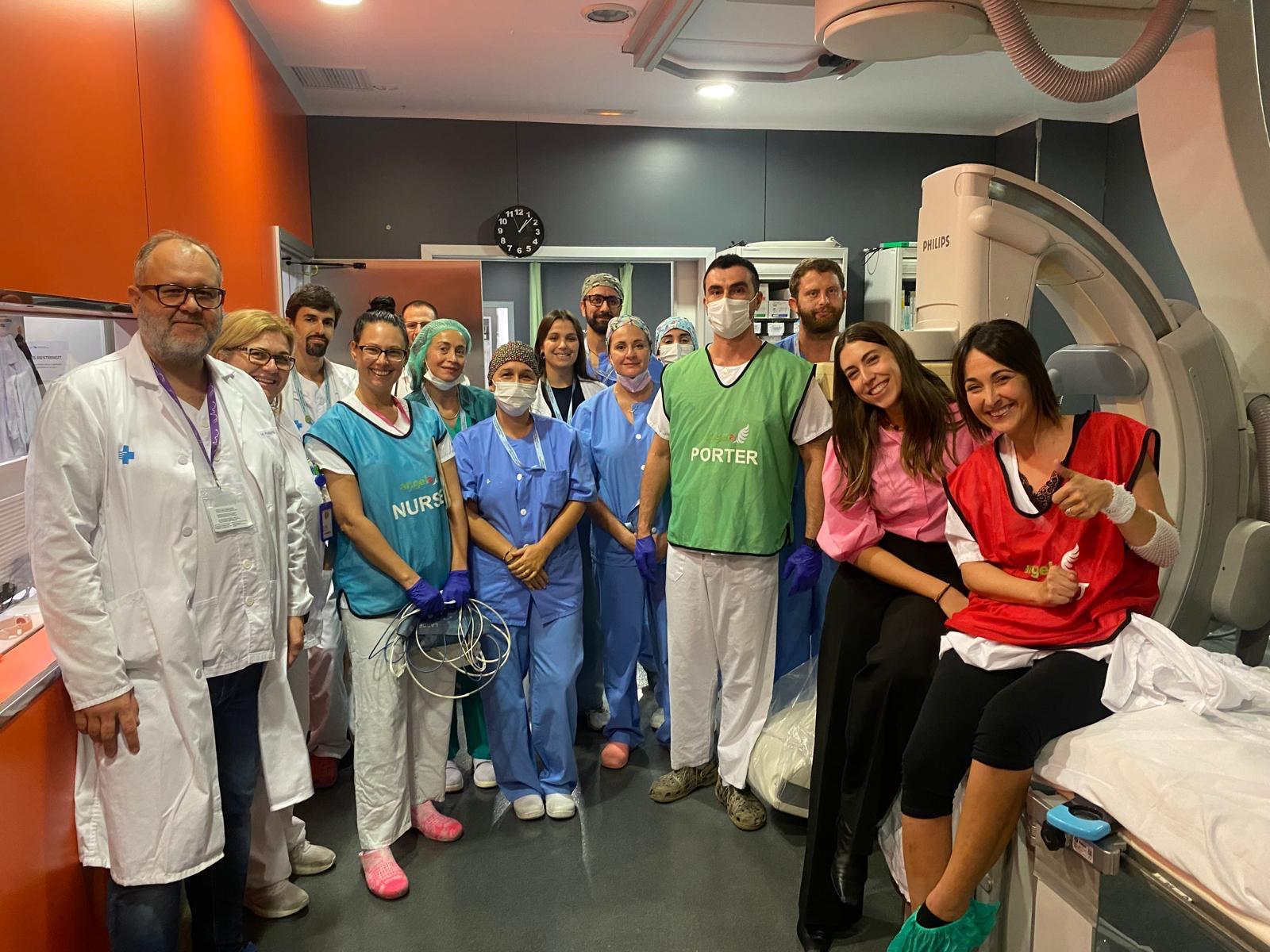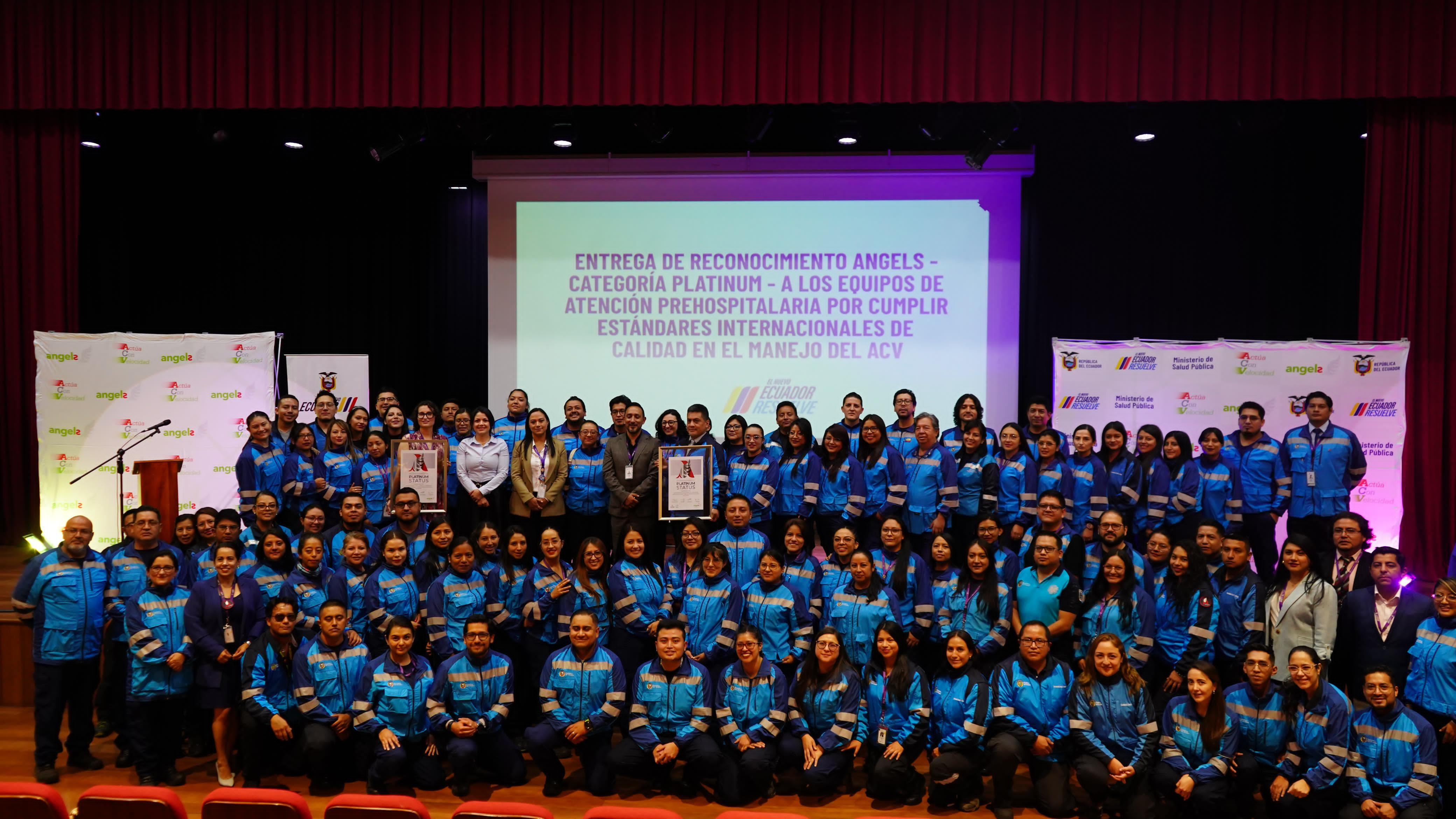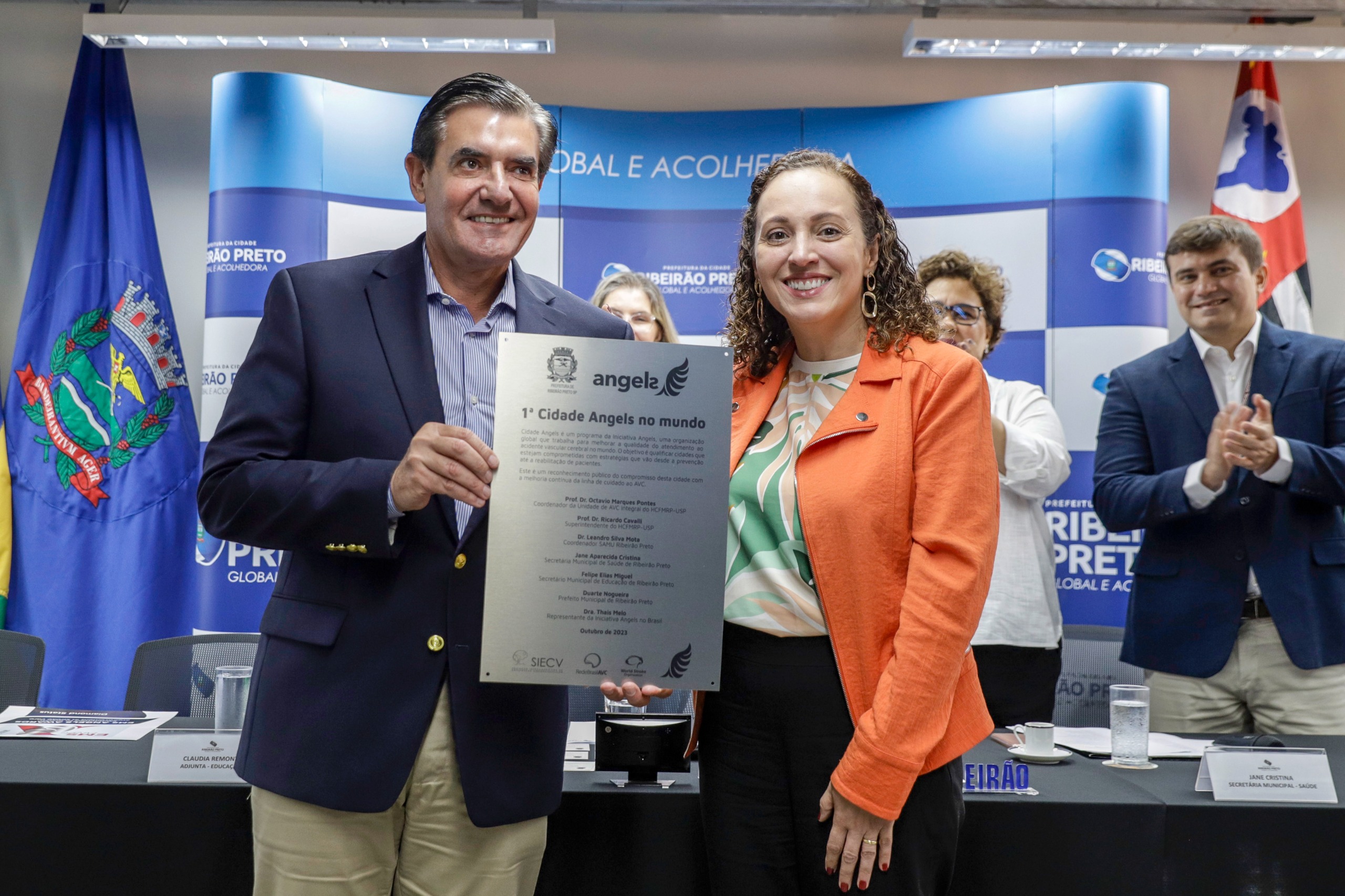
Рибейрано-Прето — это город среднего размера, расположенный в штате Сан-Паулу, Бразилия, четырехчасовая поездка на автомобиле по внутренней территории государственной столицы. Здесь находится одна из старейших школ Самбы в Бразилии, третий по величине оперный дом, один из старейших и самых важных симфонических оркестров и один из его самых красивых университетских кампусов. Около 700 000 человек наслаждаются жизнью в этом ярком городе с его процветающей экономикой и живой барной культурой — результатом теплых тропических вечеров, в которых они не могут выйти из дома.
Рибейрано Прето также является первым в Бразилии, но до недавнего времени единственным городом Angels, который он получил на Всемирный день борьбы с инсультом 2023 г., когда его официально называли безопасным городом для лечения инсульт. Сейчас в Бразилии есть два города Angels, и к тому времени, когда вы ознакомитесь с этим, будет три или, возможно, больше, так как Руководитель команды Angels Камила Фахола расскажет о стратегии, которая однажды станет частью ее наследия.
Концепция для Angels Cities вышла из понимания того, что путь пациент с инсультом начинается и заканчивается в сообществе, а не в скорая помощь экстренная помощи. Для достижения наилучших результатов у пациентов с инсульт город или регион должны оптимизировать доставку на каждом этапе пути. Это означает: информированная общественность, способная распознавать симптомы инсульт, экстренная транспортировку в нужную больницу, неотложное лечение, терапия, соответствующее самым высоким стандартам, и, наконец, выписка из стационара, поддерживающая реинтеграцию пациент в общество.
Такая комплексная трансформация потребует реализации индивидуализированной стратегии Камилы. "Мы работали с больницами над улучшением ухода за уход за пациентом с инсультом, разговаривали с С помощью СМП, учителями о кампании по повышению осведомленности супергероев М.О.З.Г. 4,5... Но мы все делали по отдельности, не работали вместе. Поэтому в одном регионе у вас может быть кампания по повышению осведомленности, но неэффективная больница или удивительная больница, но С помощью СМП была не очень эффективна. Не имеет смысла рассматривать их как отдельные проекты. Нам нужно было одновременно реализовать все наши проекты и преобразовать весь путь, чтобы действительно изменить реальность для населения".
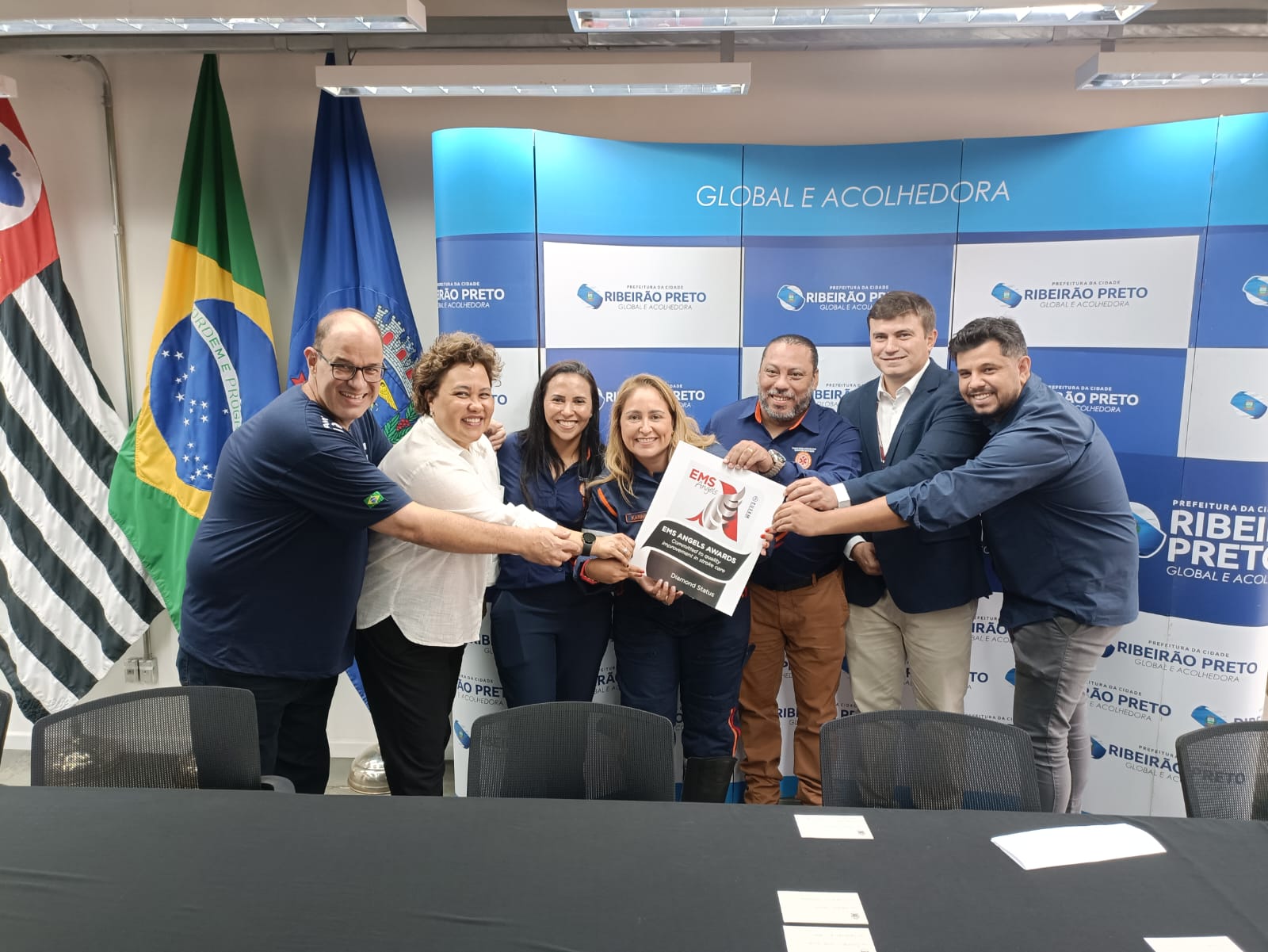
Выберите нужный город
Если бы вы попросили Камилу дать указания о том, как построить город Angels, она давала бы вам три совета, первым из которых был бы правильный город. "Начните с хороших городов", говорит она. Работа с городом, который уже соответствует по крайней мере некоторым критериям для того, чтобы стать городом Angels, "сокращает перемены" – тактика, заимствованная от теории смены перемен, которая мотивирует людей действовать, показывая им завершающую линию ближе, чем они думали.
Именно поэтому она выбрала Рибейро Прето для своего пилотного проекта — города, в котором больница, направившая пациентов с инсульт, Hospital das Clishnicas de Ribeiro Preto, уже получила две золотые награды и достигла платины в следующих двух кварталах. Ее служба С помощью СМП, Саму Рибейро Прето, также была очень хорошей, хотя для соответствия минимальным критериям Камилы для городов Angels им пришлось бы получить золотое награда С помощью СМП Angels. Осведомленность будет измеряться скоростью внедрения супергероев М.О.З.Г. 4,5 в начальных школах города. Прогресс в области реабилитация был бы труднее оценить, но Рибейра Прето уже имел большое учреждение, где выжившие после инсульт могли бы получить доступ к терапевтическим услугам, поэтому Камила отметила это поле.
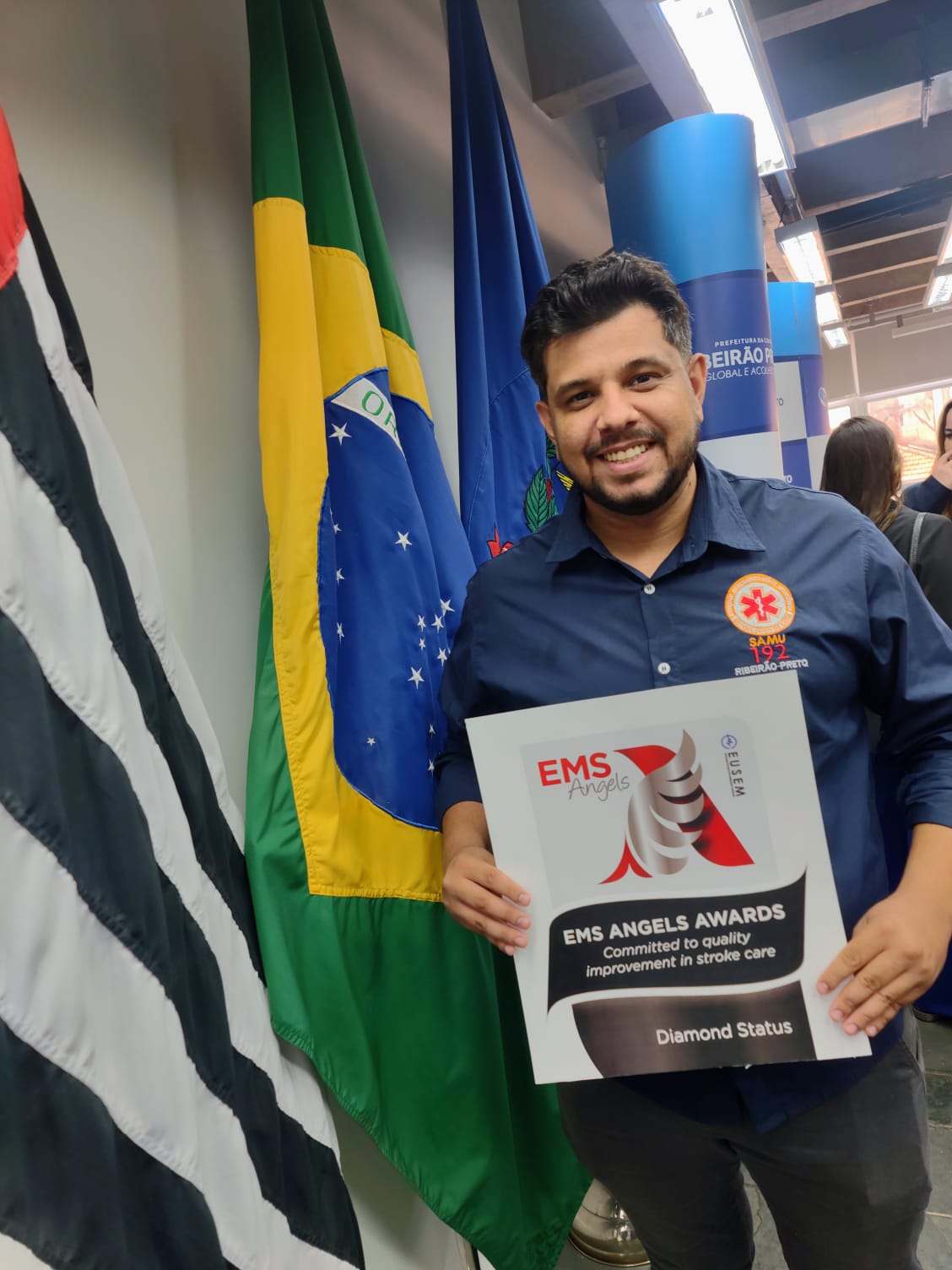
Мобилизация политиков
Рибейра Прето был правильным городом по другой причине — мэр, который понимал как проблемы, так и возможности, и который был рад стать главой политической организации в городе Angels. Когда он услышал, что инсульт, а не заболевание сердца, было самым большим убийцей в регионе, он согласился с тем, что изменения были необходимыми и срочными.
"Для этого должна существовать политическая сила", - второй совет Камилы. Избранные политики легко убеждают перспективу уйти из наследия; а достижение признания перед другими городами и регионами является выигрышным видом, который хорошо играет во время муниципальных выборов.
При содействии хорошо связанного невролог в Больнице дас Клиникас де Рибейрано Прето была организована встреча с заинтересованными лицами, включая директоров больниц и С помощью СМП, где было согласовано значение наличия интегрированной системы — и ее признания.
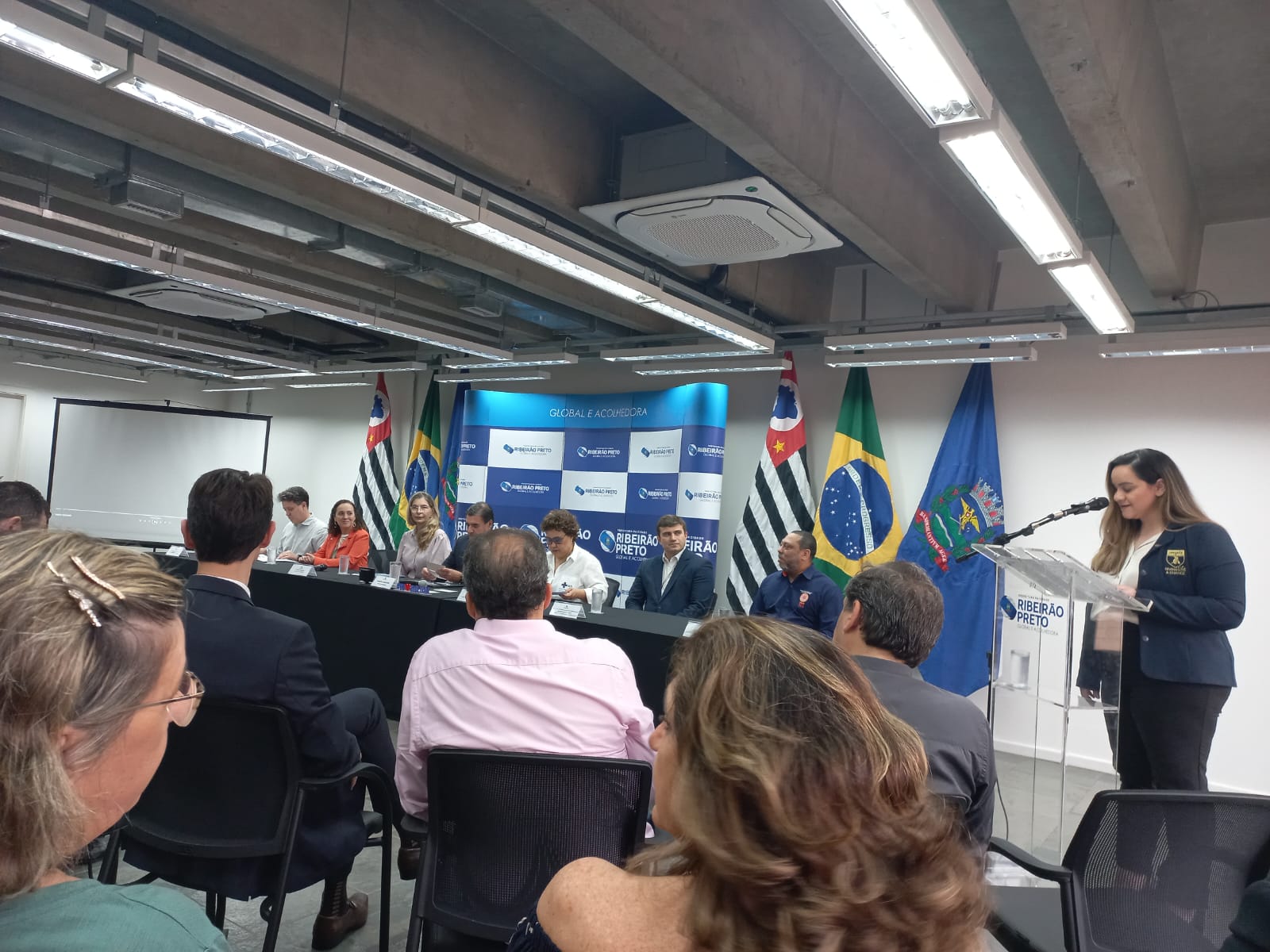
Начать работу с часами
Помимо того, что Саму Рибейро Прето получил золотой статус в наградах С помощью СМП Angels, критерии Angels Cities потребовали проведения кампании по повышению осведомленности героев М.О.З.Г. 4,5 по всей системе государственных школ города. Мэр снова вернулся к этому случаю — он не просто сделал обязательное внедрение супергероев М.О.З.Г. 4,5 в государственных начальных школах, но подписал приказ, который связал бы его политических преемников этой обязанностью.
Рибейра Прето поставила перед собой амбициозную цель: для достижения статуса Angels City в течение четырех месяцев. Исправление крайнего срока – это третий совет Камилы, и город выбрал подозрительный – церемония, помеченная как безопасный город для инсульт, состоится в день Всемирного инсульта, 29 октября. До этого С помощью СМП должна была бы сопоставить и сообщить данные пациент с инсультом за Q3, а кампания супергероев М.О.З.Г. 4,5 должна была быть запущена для 4000 детей в 41 школе.
Это означало плотный график для всех, включая Камилу, которая заручилась поддержкой на каждом этапе пути и теперь ездила в Рибейро-Прето каждую неделю.
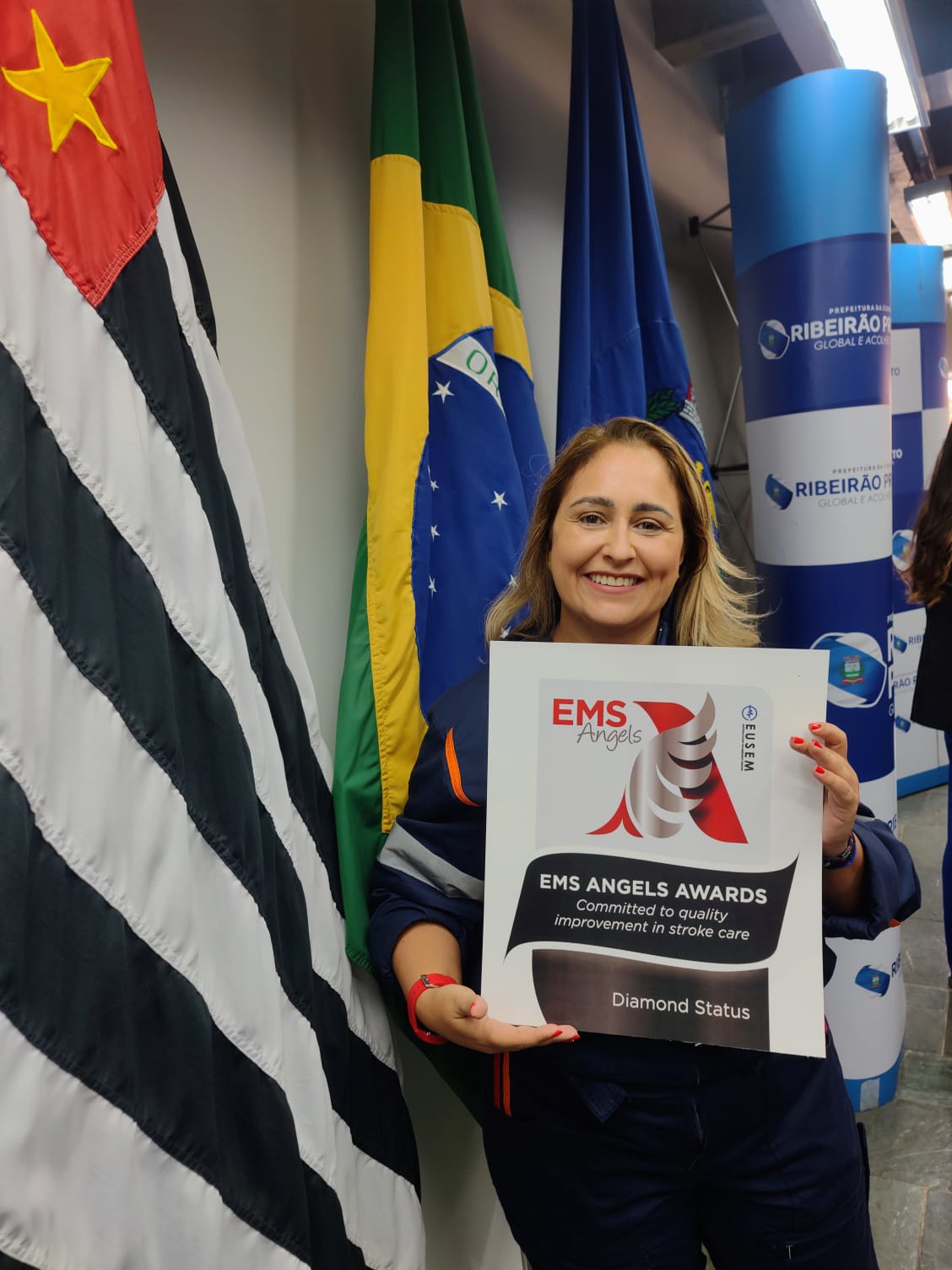
Безопасный город для лечения инсульт
Никто не был удивлен, когда октябрь принес новость о том, что Саму Рибейро Прето победил не золото, а бриллиантовую награда.
Празднование Всемирного дня борьбы с инсультом было большим, принося честь всем, кто помог Рибейру Претону стать городом Angels. Но реальное значение того, что быть безопасным городом для лечения инсульт, было обнаружено через неделю, когда маленький ребенок набрал телефон 192.
"Я здесь с бабушкой", девочка сказала оператору. "Я думаю, что тромб атакует мою бабушку".
Благодаря своему маленькому супергерою М.О.З.Г. 4,5 пациент была быстро доставлена в больницу, где ее немедленно посещал тот же невролог, который сыграл такую ключевую роль в проекте Angels Cities. После лечение, терапия тромболизис и механической тромбэктомией бабушка была как новая бабушка, готовая к выписке в сообщество, которое было подготовлено для поддержки ее выздоровления.
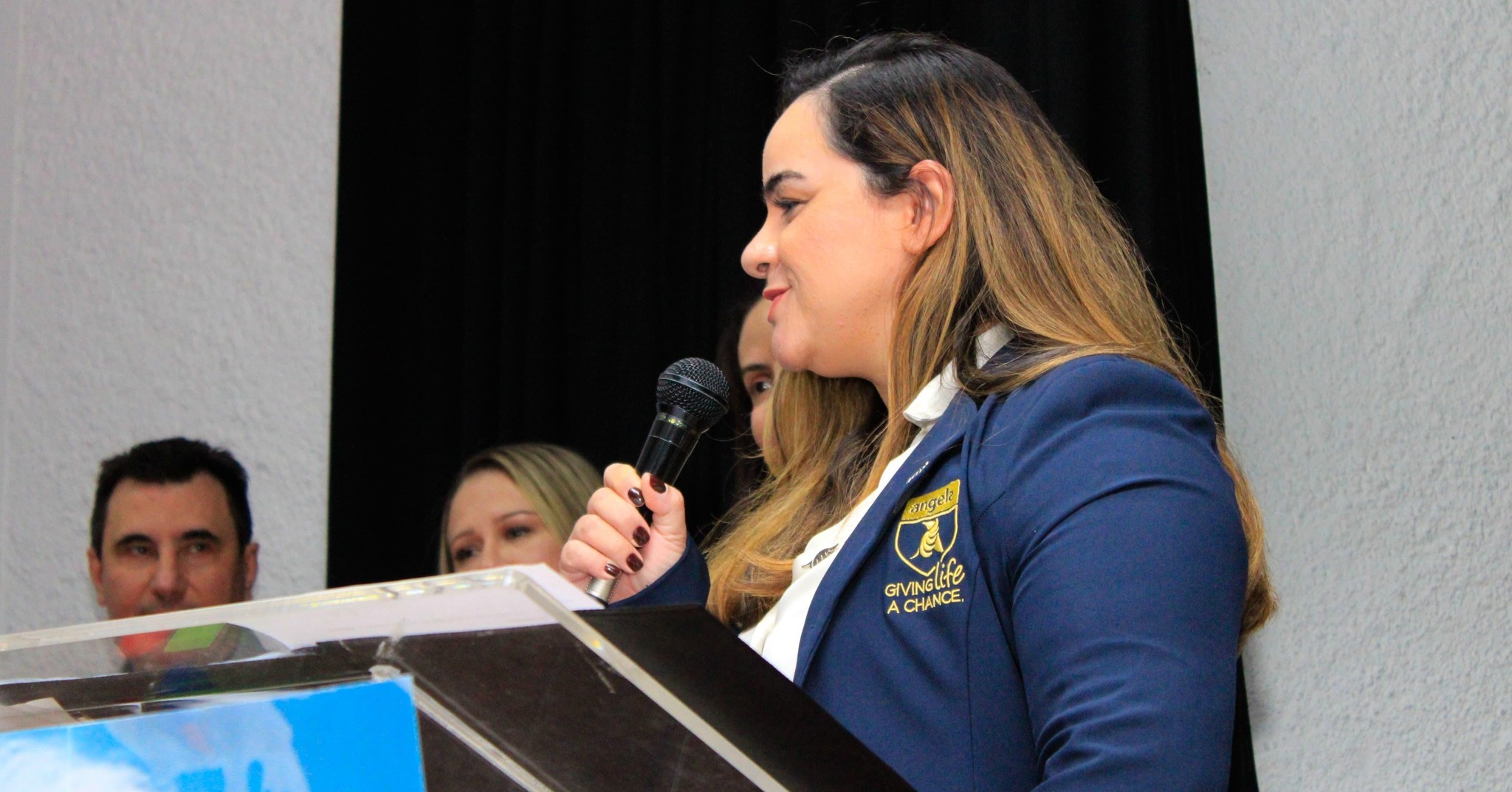
Все для одного
По словам Камилы, сила проекта Angels Cities заключается в том, что он устанавливает одну цель, которую должен достичь каждый. "Если этого не сделать, то никто не может этого сделать".
Второй город в Бразилии, который официально стал городом Angels, был Сапукайя-ду-Сул,небольшой город в штате Рио-Гранде-ду-Сул, где проживает только 200 000 жителей, и одна больница, которая уже отметила каждую клетку. Далее в списке Камилы был Куритиба, столица штата Парана в южной Бразилии, где две из пяти больниц, направляющих пациентов с инсульт, уже имели золотой статус.
Квитуба была признана за устойчивое городское развитие, имеет низкий уровень преступности, является карточкой для инвесторов, и была названа (Ридером Дайджетом) лучшим в которой будет жить "Бразилия Байб Сити". Когда она станет городом Angels, ее 2 миллиона жителей будут еще больше гордиться.
Камила уже размышляет о том, как преобразовать еще больший город, такой как Сан-Паулу, который с населением более 12 миллионов человек является самым густонаселенным за пределами Азии.
"Должна быть возможность изменить крупные города", Камила Мус. По одному городу за раз — именно так вы создаете безопасную планету для инсульт.
